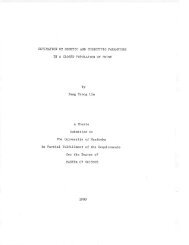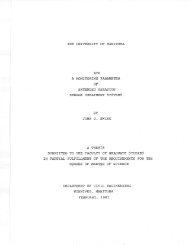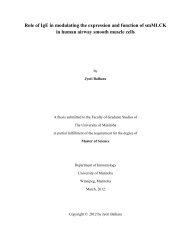Adverbial and Argument-Doubling Clauses in Cree - MSpace
Adverbial and Argument-Doubling Clauses in Cree - MSpace
Adverbial and Argument-Doubling Clauses in Cree - MSpace
You also want an ePaper? Increase the reach of your titles
YUMPU automatically turns print PDFs into web optimized ePapers that Google loves.
Lastly, we can consider an adverbial clause occumng with a mat& verb. Because these<br />
non-A-doubi<strong>in</strong>g clauses are not r-l<strong>in</strong>ked to any argument <strong>in</strong> the matrix verb, they do not<br />
belong to the same doma<strong>in</strong>. They constitute two separate doma<strong>in</strong>s. Therefore, just as<br />
between separate sentences, a proximate shifi cm occur between the matrix verb <strong>and</strong> the<br />
adverbial clause.<br />
(1 14)<br />
{rFocP [rP proi-êh-pihtokêt]),lI {[FOCP [sT wêmistikôsiw awah omis [ , [, pro,-îtêw-pro, ]]]]}<br />
cj-enter.AI-3 Frenchman-3 this thus say-TA-(3 -3')<br />
'When he(pro~Wisahk6cahk) entered, the Frenchman (prox) said:. .' (S:30-13)<br />
Thus, the syntactic restrictions on proxirnate re-assignment follow fkom the<br />
dist<strong>in</strong>ction we have made between A-doubl<strong>in</strong>g <strong>and</strong> adverbial clauses.<br />
5.5 Conclusion<br />
In this chapter, 1 have argued that the fundamental difference between complement-like<br />
<strong>and</strong> adjunct-like clauses is not their structural position, but a difference <strong>in</strong> be<strong>in</strong>g an<br />
argument-doubl<strong>in</strong>g expression or not. <strong>Argument</strong>-doubl<strong>in</strong>g clauses are situated <strong>in</strong>side of a<br />
conta<strong>in</strong><strong>in</strong>g NP which is l<strong>in</strong>ked to a pronom<strong>in</strong>al argument with<strong>in</strong> the matrix verb. In this<br />
manner, they f<strong>in</strong>ction just like simple A-doubl<strong>in</strong>g NPs. By form<strong>in</strong>g a chah with the<br />
matrix pro they create a s<strong>in</strong>gle doma<strong>in</strong>, conta<strong>in</strong><strong>in</strong>g both the matnx <strong>and</strong> A-doubl<strong>in</strong>g clause.<br />
A doma<strong>in</strong> consists of a verb, its arguments <strong>and</strong> any argument-doubl<strong>in</strong>g constituents.<br />
On the other h<strong>and</strong>, adverbial clauses are not A-doubl<strong>in</strong>g expressions, therefore<br />
they are not r-l<strong>in</strong>ked to any matrix pronom<strong>in</strong>al argument. These clauses are separate


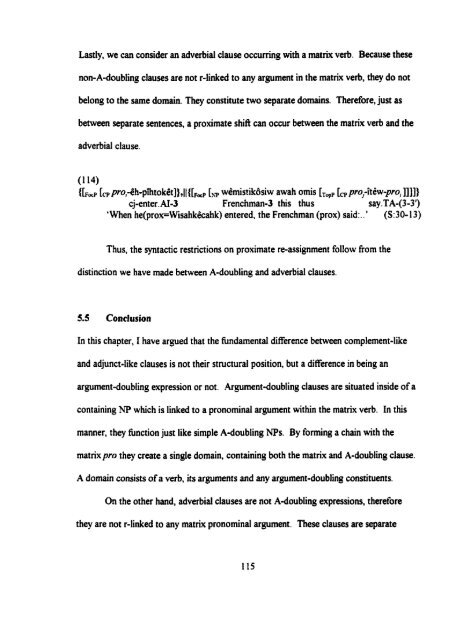
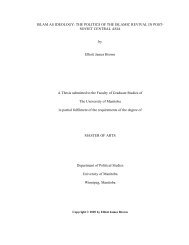
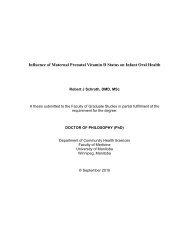
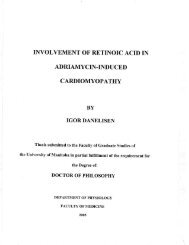
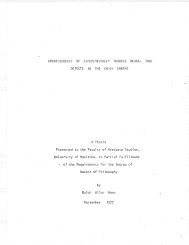
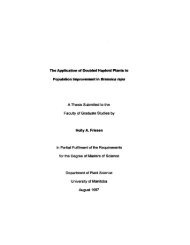
![an unusual bacterial isolate from in partial fulf]lment for the ... - MSpace](https://img.yumpu.com/21942008/1/190x245/an-unusual-bacterial-isolate-from-in-partial-fulflment-for-the-mspace.jpg?quality=85)
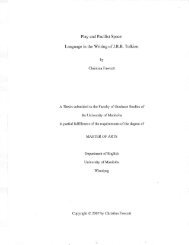
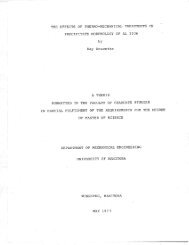
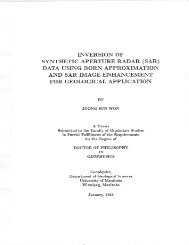
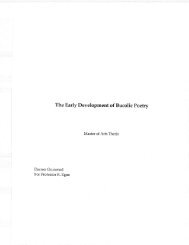
![in partial fulfil]ment of the - MSpace - University of Manitoba](https://img.yumpu.com/21941988/1/190x245/in-partial-fulfilment-of-the-mspace-university-of-manitoba.jpg?quality=85)
